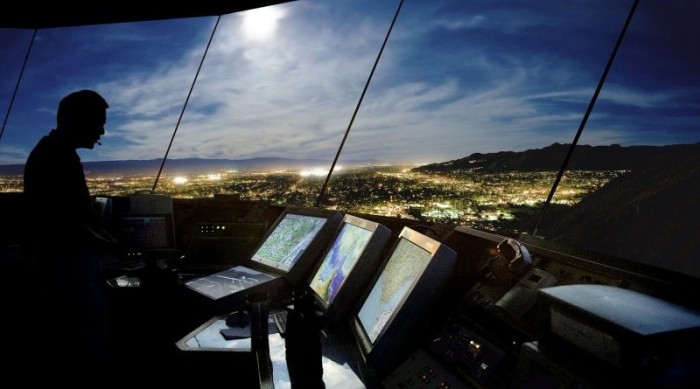WSi News2020-05-01 14:04:29
In a globalised era, how can defence companies protect people’s ways of life?
We live in an age where technology is driving change. Digitally, we can make real-time connections across thousands of kilometres, allowing us to interact, work and trade internationally. People, businesses, organisations and countries are more closely linked than at any other point in history.
And in the physical world, this connectivity is no less prevalent. Data from IATA shows that 4.4 billion passengers flew in 2018 and 22,000 pairs of cities were connected by direct flights, double the number of cities (10,250) linked in 1998. Meanwhile, according to the WTO, the value of world merchandise trade in 2018 was US$ 19.67 trillion – with 90% of the world’s trade carried by sea.
World trade and GDP have grown in tandem for the last 20 years, and both have increased by 26% since 2008. This seemingly borderless world has undeniable benefits: greater prosperity, innovation and more fulfilled lives. In fact, from weekend breaks to next-day deliveries, from SMEs trading round the world to tech conferences with thousands of visitors, it has become the way of life for millions of people.
However, there are challenges too. The transport of people and goods at land borders, seaports and airports is increasing dramatically, putting pressure on current infrastructure. Airport security and the capability to react to various events has become one of the key concerns for airport operators. And while the Schengen area is widely regarded as one of the primary achievements of the European Union, it has recently been placed under considerable strain by the unprecedented influx of refugees and migrants into the EU.
At another border – that between the US and Mexico – it routinely takes 1-2 hours of waiting in vehicle lines to enter the United States, according to the Washington Office on Latin America. This organisation also reports that the vast majority of heroin, fentanyl, methamphetamine and cocaine that crosses the US-Mexico border does so at “ports of entry,” the 48 official land crossings through which millions of people, vehicles and cargo pass every day.
The maritime domain is also affected – for instance, the average estimated annual loss from piracy worldwide (2000-2010) is US$25 billion – as is the cyber domain, with the WannaCry cyberattack in 2017 affecting nearly a quarter of a million users. The current spread of the coronavirus also underlines the downsides to global travel.
For more information contact:
